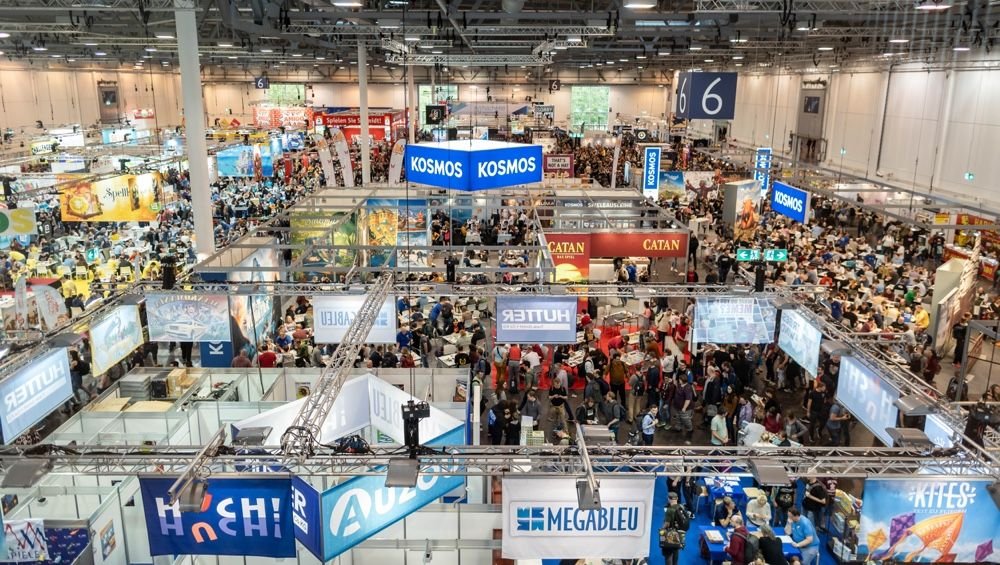Games Imagining a Sustainable Future? How Game Hacking supports Young Climate Action
Every year, Essen, in Germany, hosts world's largest public fair for board games, bringing together passionate game fans with national and international exhibitors. The fair this year included a day of talks and discussions focussing on the issue of sustainability. Contributors explored the impact of board gaming on the world, asking: How sustainable are games and how much ecological thinking goes into the themes of board games today?
As co-leads of the Horizon-UKRI funded STRATEGIES project, a Sustainable Transition for Europe’s Game Industries, Paul Wake and Chloé Germaine were invited to discuss their research in this area. The STRATEGIES project addresses sustainability issues for both the video game and board game industries, and work packages 2, 3 and 5 contain work streams dedicated to the issue of sustainability in board game production and design.
The development of STRATEGIES arose, in part, because of Chloé and Paul’s previous work on board games and climate change, through the Game-in-Lab funded project, Games Imagining the Future: Play and the Environment. This project explored the idea that the climate crisis is both a social problem and an imaginative challenge, especially for young people whose futures are most affected by it. Through participatory methods, the project sought to move beyond the consideration of board games as a tool for climate education and investigated them as a means for young people (aged 16–19) to explore and communicate their ideas about climate change through processes of playing, hacking, breaking, and remaking games. You can read about the methods developed in the project in the recent volume of essays, Ecogames: Playful Perspectives on the Climate Crisis, and the full report of the project results are also available on the project page.
In the talk at Essen Spiel, which you can watch below in full, Paul and Chloe shared the results of the Games Imagining the Future project and revealed how it led to the development of STRATEGIES. They also looked ahead to the ways in which this current research hopes to support the board game industry in its aims to support ecological thinking and a transition to a more sustainable and just society.





